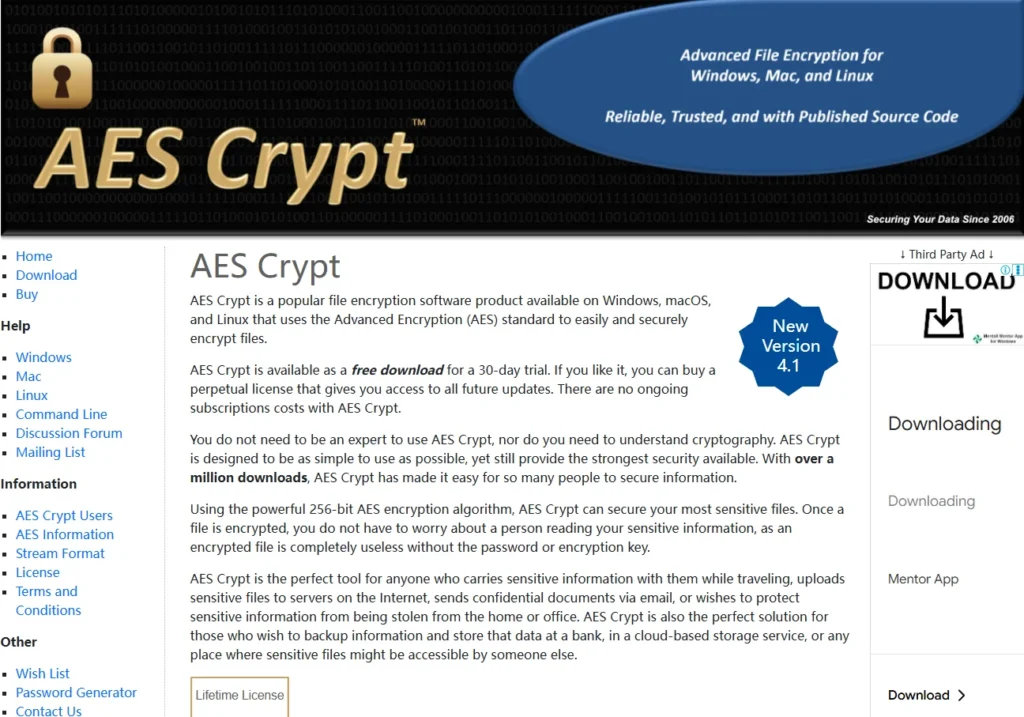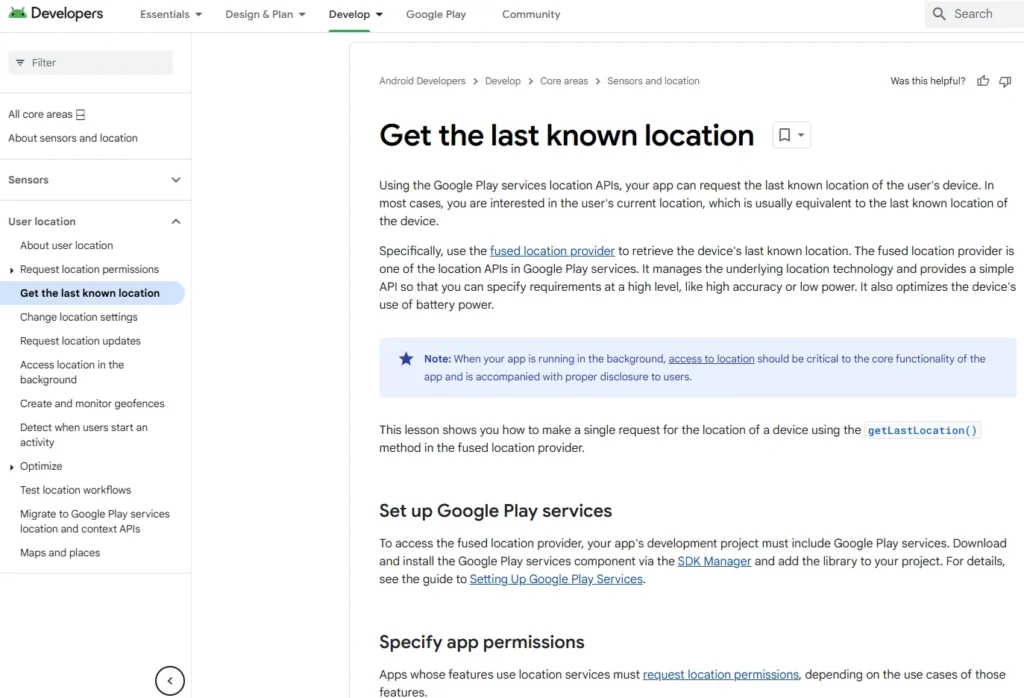Table of Contents
In this article, we will explore the use of proxy servers in privacy protection and hiding IP addresses. You’ll learn the differences between different types of agents, the scenarios they each apply to, and pay special attention to their many weaknesses.
Using Proxies for Privacy and IP Address Hiding
Understanding Proxies
- Basic Concept:
- Proxies act as intermediaries between users and target servers, hiding the user’s real IP address.
- Requests are sent to the proxy server, which then forwards them to the target server.
Types of Proxies and Their Uses
- HTTP Proxy:
- Use Case: Primarily for HTTP traffic (web browsing).
- Features: Supports only HTTP protocol, not HTTPS or encrypted traffic.
- Weaknesses: Low security, easily intercepted and analyzed.
- HTTPS Proxy:
- Use Case: Supports encrypted HTTP traffic (HTTPS).
- Features: Provides higher security but can still be vulnerable to man-in-the-middle attacks.
- Weaknesses: Proxy server can see the request content despite encryption.
- SOCKS Proxy:
- Use Case: Supports multiple protocols (HTTP, FTP, SMTP, etc.).
- Features: Highly flexible, suitable for various applications.
- Weaknesses: Security depends on whether encryption is used (SOCKS5 supports encryption).
- Transparent Proxy:
- Use Case: Commonly used for caching and content filtering.
- Features: Does not hide the user’s IP address.
- Weaknesses: No privacy protection, as the target server knows the user’s real identity.
- Anonymous Proxy:
- Use Case: Hides the user’s IP address, but the proxy server knows the real IP.
- Features: Offers some privacy but may log user activity.
- Weaknesses: Proxy server can be a single point of failure, leading to potential data leaks.
- High Anonymity Proxy (Elite Proxy):
- Use Case: Completely hides the user’s IP address.
- Features: Provides the highest level of privacy.
- Weaknesses: Difficult to find reliable high anonymity proxies and may be abused.
Weaknesses of Proxies
- Single Point of Failure:
- The proxy server is the only intermediary, making it a potential target for attacks.
- Logging:
- Many proxy servers log user activity, which can lead to privacy breaches.
- Speed and Performance:
- Proxies can become bottlenecks, affecting network speed and performance.
- Security Issues:
- Some proxies may be compromised or used maliciously.
- IP Leakage:
- Improper configuration can lead to the user’s real IP address being exposed.
Proxies are effective tools for privacy and hiding IP addresses, but they have significant weaknesses. Understanding the different types of proxies and their uses can help you choose the right tool for your needs. However, proxies are not foolproof solutions, and combining them with other security measures (like VPNs or Tor) is recommended for enhanced privacy.
Proxies for Privacy and Anonymity
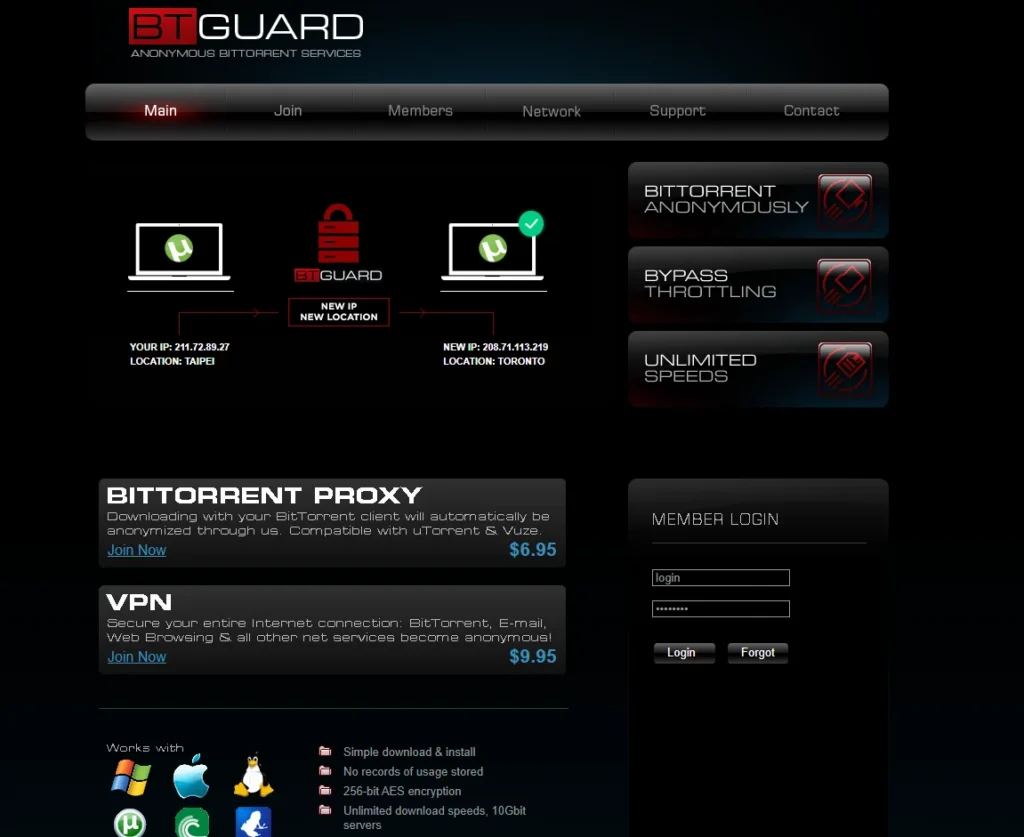
What is a Proxy?
- Definition:
- A proxy comes from the Latin term “to act in place of another.”
- A proxy server acts as an intermediary for requests from a client to a server.
- Purpose:
- Proxies are used in various ways, but in terms of privacy and anonymity, they are primarily used to hide the client’s IP address from the destination.
- They are similar to VPNs but lack encryption in most cases.
Differences Between Proxies and VPNs
- VPNs:
- Send all traffic on your operating system through an encrypted tunnel.
- Provides end-to-end encryption.
- Proxies:
- Only handle traffic for a specific application.
- No software installation required; configuration is done within the application.
Configuring Proxies
- Application-Specific Setup:
- Each application must be configured to use a proxy.
- Example: In Firefox, go to
Options > Advanced > Network > Settingsto configure proxy settings.
- Required Information:
- IP address and port of the proxy server.
- Username and password may be required for private or paid proxies.
Types of Proxies
- HTTP Proxy:
- Supports only the HTTP protocol.
- Used primarily for web browsing.
- DNS resolution is supported.
- HTTPS Proxy:
- Supports SSL/TLS between the proxy and the destination.
- No encryption between the client and the proxy.
- FTP Proxy:
- Supports the FTP protocol.
- Used for file transfers.
- SOCKS Proxy:
- Operates at a lower level of the OSI model.
- Supports multiple protocols (Telnet, SSH, FTP, HTTP, HTTPS, etc.).
- Versions:
- SOCKS4: No remote DNS, supports only TCP.
- SOCKS4A: Enhanced version of SOCKS4, allows proxy to resolve domain names.
- SOCKS5: Adds features like authentication, IPv6, UDP, and remote DNS support.
Key Points About Proxies
- No User-to-Proxy Encryption:
- Anyone observing traffic between the client and the proxy can see connection details (e.g., destination IP address).
- If the destination does not use SSL/TLS, the content of the traffic is also visible.
- Use Cases:
- Proxies are useful for hiding IP addresses and bypassing censorship in environments that do not inspect packet contents.
- Not suitable for serious adversaries due to lack of encryption.
- Speed:
- Proxies are faster than VPNs because they do not encrypt traffic.
Tools for Managing Proxies
- Foxy Proxy:
- Allows quick and easy setup of multiple proxies.
- Useful for users who need to switch between different proxies frequently.
- Quick Java:
- Provides a proxy button to easily toggle proxies on and off.
Paid Proxy Services
- Examples:
- BT Guard, Tor Guard, Foxy Proxy.
- Cost: Around $45 USD per year.
- Limitations:
- Cheaper than VPNs but lack encryption.
- Mostly aimed at torrent users.
Trust and Security Concerns
- Trust Issues:
- Proxy providers may claim not to log traffic, but there is no guarantee.
- Under pressure from adversaries (e.g., nation-states), they may comply with requests.
- Monitoring:
- It is relatively easy for adversaries to monitor proxy traffic due to the lack of encryption.
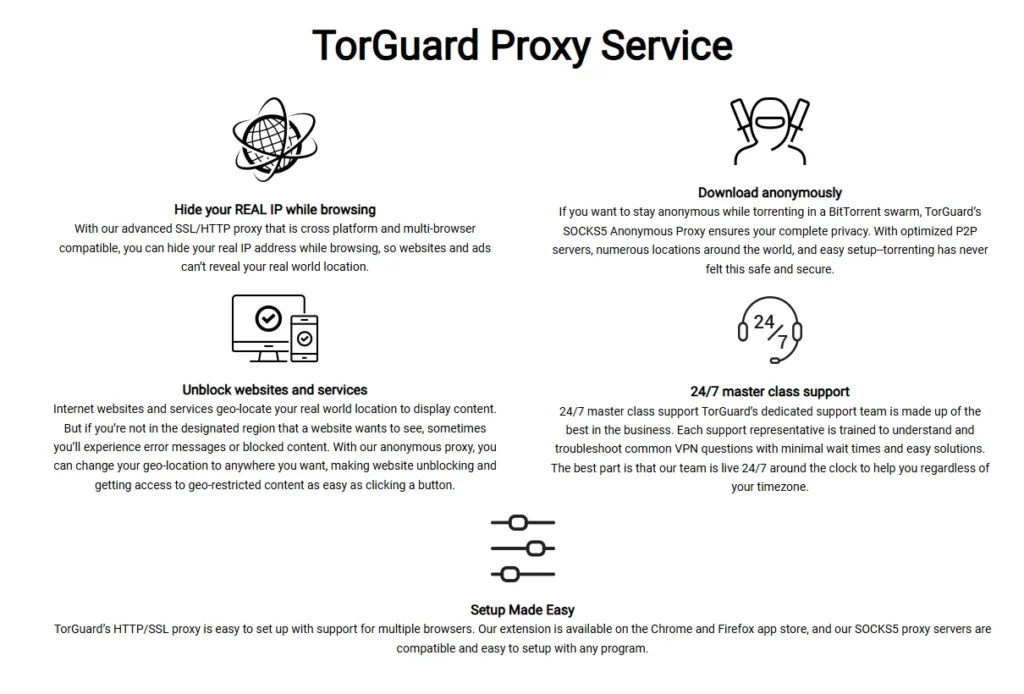
Proxies are a basic form of hiding your IP address from the destination but are not suitable for serious anonymity against moderate or strong adversaries. They are faster than VPNs but lack encryption, making them less secure. Always consider the trustworthiness of proxy providers and use additional security measures like VPNs or Tor for enhanced privacy.
Free Proxies: Risks and Limitations
Using Free Proxies
- Sources of Free Proxies:
- Many people use free proxies harvested from the internet.
- Examples: Websites like “Free Proxy List” or similar sites.
- You can find many more by searching “free proxy list” on Google.
- Proxy Details:
- Free proxy lists typically include:
- IP address
- Port
- Location
- Type of server (anonymous, elite, transparent)
- Whether HTTPS or HTTP is supported
- Potential issues with Google
- Free proxy lists typically include:
Types of Proxies
- Transparent Proxy:
- Does not hide the user’s IP address or the fact that a proxy is being used.
- Sends the HTTP
Forwardedheader, revealing your IP address. - Provides no anonymity.
- Anonymous Proxy:
- Hides the user’s IP address but reveals that a proxy is being used.
- The destination server may block you based on this information.
- Elite Proxy (Highly Anonymous):
- Hides both the user’s IP address and the fact that a proxy is being used.
- Provides the highest level of anonymity.
Verification of Proxies
- Checking Anonymity:
- Use sites like WhatIsMyIPAddress.com or IPLeak.net to verify if your IP address is hidden and whether the proxy is transparent.
- Example: After configuring a proxy, visit these sites to check if your IP is hidden and if the proxy is transparent.
- Proxy Checking Tools:
- Online tools and software can validate if free proxies are live and anonymous.
- Example: An online proxy checker tool can confirm if proxies are working and anonymous.
Risks of Free Proxies
- Source of Proxies:
- Most free proxies are likely to be:
- Hacked machines
- Open proxies left by careless organizations or individuals
- Honeypots designed to observe user activity
- Malicious actors looking to attack users
- Most free proxies are likely to be:
- Man-in-the-Middle Attacks:
- Proxies, by nature, act as a man-in-the-middle.
- They can attempt various attacks, such as SSL stripping or injecting malicious code into your session.
- These attacks are trivial if you’re using HTTP and the proxy is compromised.
- Legality and Ethics:
- Using free proxies may be illegal depending on your country’s laws and the laws of the proxy’s location.
- Even if legitimate, proxies can log your activity and forward your IP address at any time.
- Performance Issues:
- Many free proxies are slow or unreliable.
- A significant portion of free proxies do not work.
Recommendations
- Avoid Free Proxies:
- Only use free proxies if:
- You have isolation from attacks (e.g., sandboxing, live operating systems, virtual machines).
- Your privacy and anonymity needs are minor, and the consequences are low.
- Only use free proxies if:
- Setting Up Your Own Proxy:
- You can set up your own proxy to bypass censorship or change your IP address.
- However, consider setting up a more secure solution like a VPN or Tor for better privacy and anonymity.
- Proxy Chaining:
- Chaining multiple proxies together (proxy chaining) can theoretically improve anonymity.
- This is demonstrated in the section on chaining anonymous services.
Free proxies offer weak protection against the destination server knowing your IP address. They are obvious to observers and provide no protection against adversaries observing your traffic. They should only be used as a last resort for minor privacy and anonymity needs. For serious privacy and security, consider using VPNs, Tor, or other encrypted solutions.
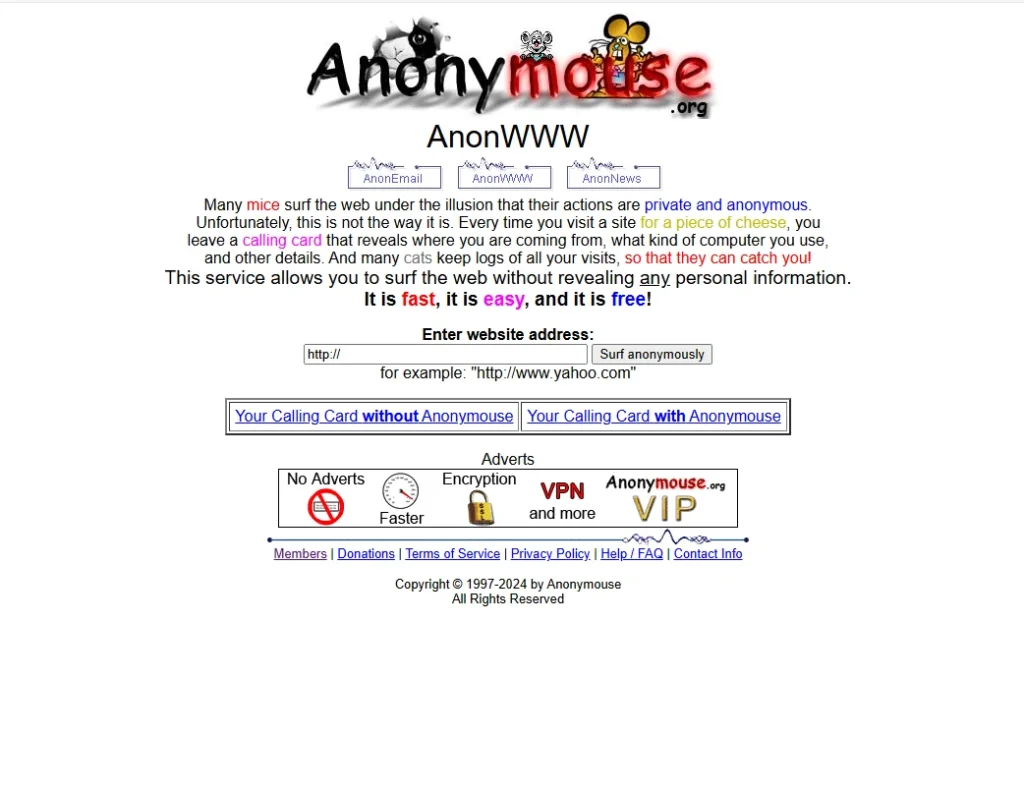
Understanding CGI Proxies
Overview of CGI Proxies
- Definition:
- CGI proxies, or web proxies, are websites that allow users to visit other websites anonymously by entering the target URL into a form.
- Users do not need to configure proxy settings in their applications; they simply fill out a web form.
- Common Services:
- Examples include “Hide My Ass” and “Non-a-mouse.”
- These services provide a simple interface with a bar at the top for entering the target URL.
How CGI Proxies Work
- Functionality:
- The proxy retrieves the web page on behalf of the user and modifies all links within the page to ensure continued use of the proxy.
- This means any link clicked will continue to go through the web proxy.
- Encryption:
- Traffic between the client and the proxy can be encrypted using HTTPS, provided the proxy supports it.
- This helps prevent observers from seeing the user’s final destination.
Security and Privacy Considerations
- IP Address Hiding:
- The effectiveness of hiding the user’s IP address depends on the specific proxy service.
- Users may need to test the service to determine its reliability.
- Ad-Supported:
- Many free web proxies are supported by ads, which can be intrusive.
- Compatibility Issues:
- Websites using technologies like Flash, JavaScript, or Java may not work correctly through web proxies.
- This makes web proxies impractical for general use.
- Blocking:
- Well-known proxies may be blocked by destination websites or by institutions like schools or workplaces.
- De-anonymization:
- Some websites use special HTML, CSS, JavaScript, or other technologies to circumvent web proxies and reveal the user’s true IP address.
Practical Example
- De-anonymization Test:
- The transcript provides an example of attempting to access the BBC anonymously through a web proxy.
- A specific URL with deliberate code forces the user out of the proxy, revealing their IP address and location.
- Use Cases:
- Web proxies can be useful for basic privacy and anonymity, especially in situations where there are no significant consequences for being caught.
- They are OK for casual use but should be avoided in situations where privacy and anonymity are critical.
- Alternative Options:
- Consider other privacy tools such as VPNs, Tor, and hosting one’s own anonymizing services.
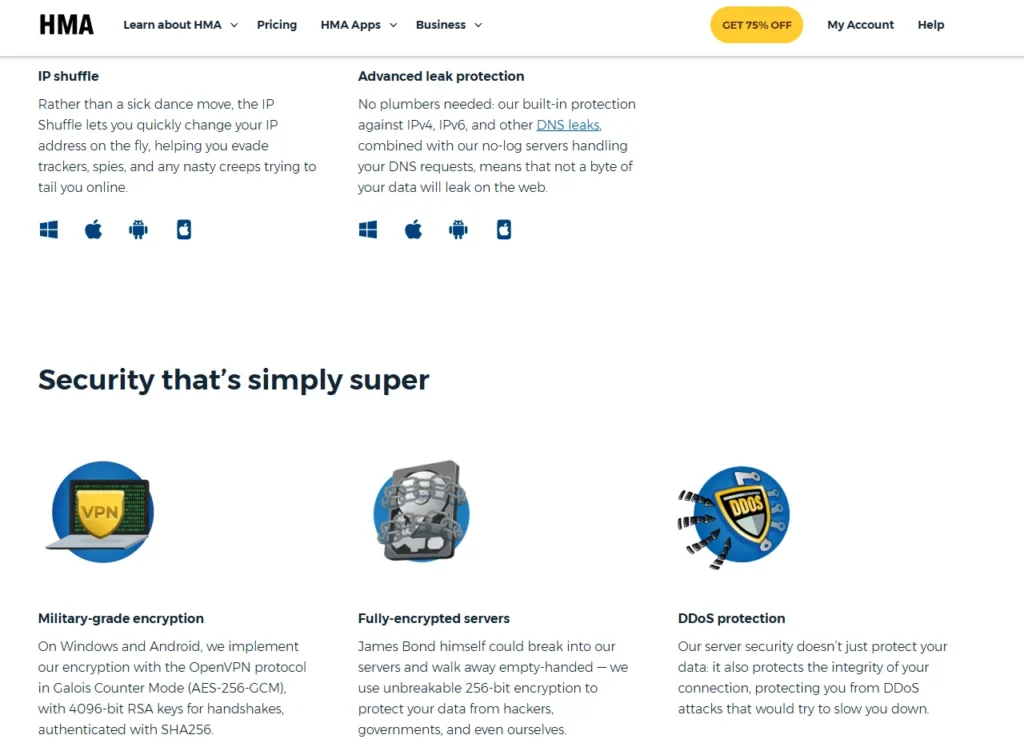
Conclusion
This article delves into the use of proxy servers for privacy protection and IP address hiding, outlining the differences between various types of proxies, their applications, and their inherent weaknesses. Proxies act as intermediaries between users and target servers but are prone to single points of failure, logging, performance issues, and security vulnerabilities. While proxies can aid in privacy, they are less secure than VPNs or Tor and are generally not recommended for serious adversaries. For enhanced privacy and security, it’s advisable to use encrypted solutions like VPNs or Tor.

